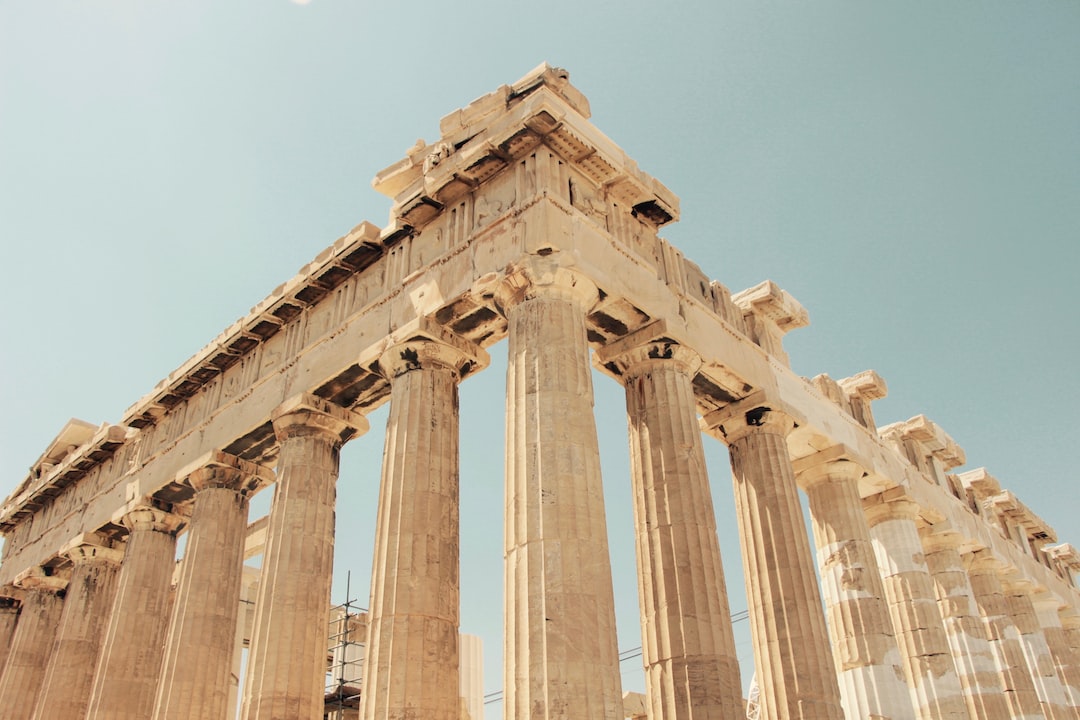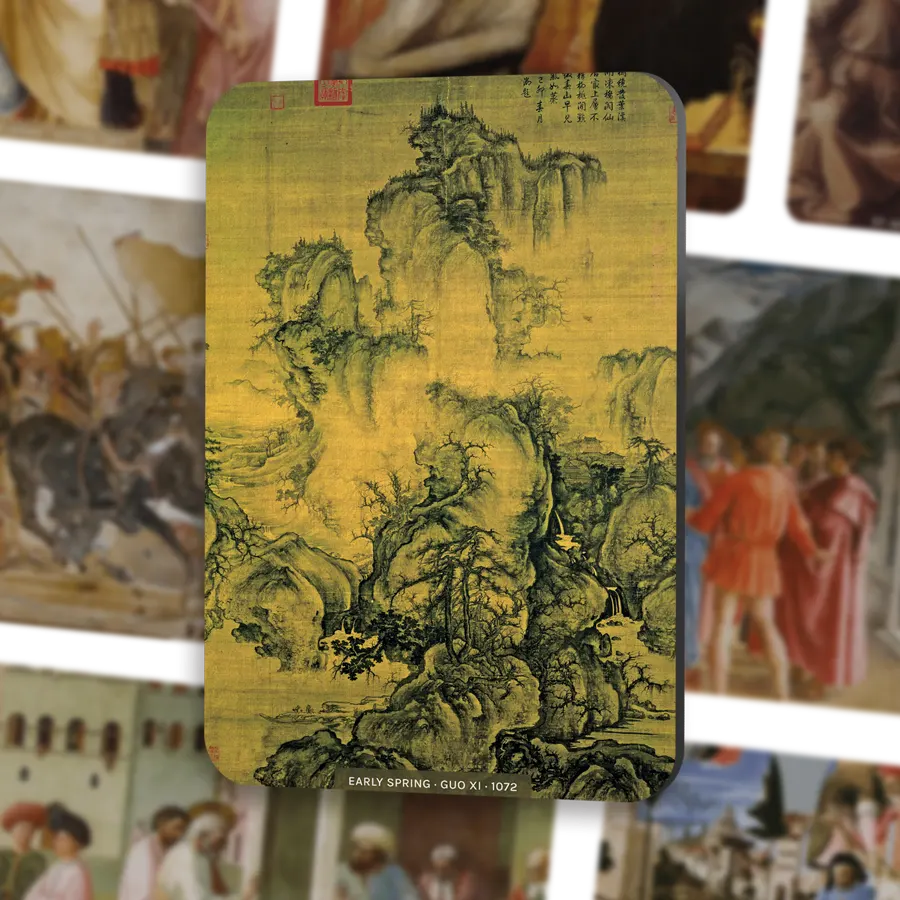The study of Antiquity refers to a time period that dates back to the ancient world, a period in history that lasted from 3500 BCE to the end of the Roman Empire in 476 CE. It is a subject that captivates historians and scholars alike as it offers a glimpse into the past and how civilization has evolved throughout history. In this article, we will explore the meaning of Antiquity, the role that classical art and science played during this era, the significance of the Antiquity period in the history of the world, and the current and future studies of Antiquity.
What is Antiquity?
Defining Antiquity
Classical Antiquity, also called the Greco-Roman world, refers to the period in history that covers the time from the 3rd century BCE in Greece to the 6th century CE in Rome. It is characterized by the flourishing of civilizations in the Mediterranean and Near East regions, such as Greece, Rome, and Persia. In addition, it was also a time when great philosophical and artistic expressions emerged.
The characteristics of the Antiquity period
The Antiquity period is characterized by great historical events, including the rise and fall of empires, monumental building projects, and significant advancements in art and science. During this era, the Greek and Roman civilizations contributed greatly to the development of philosophy, mathematics, architecture, engineering, literature, poetry, and drama.
Important events in Antiquity history
Some of the most significant events in Antiquity history include the creation of democracy in Athens, the conquests of Alexander the Great, the rise of the Roman Empire, and the spread of Christianity throughout the Mediterranean world. These events have had a lasting impact on human society and continue to shape the world we live in today.
How was Classical Art and Science used in Antiquity?
Exploring the significant contributions of Classical Art and Science in Antiquity
The Antiquity period produced some of the greatest artistic and scientific achievements in human history. Greek and Roman artists were experts in creating sculptures, mosaics, and paintings of exquisite beauty and quality. They created classical art that was used not only for decoration but also as a means of expressing philosophical and literary ideas.
Examples of Classical Art and Science objects from the Antiquity period
Some of the most famous examples of Classical Art and Science objects from Antiquity include the Parthenon in Athens, the Colosseum in Rome, and the Giza Pyramids in Giza, Egypt. Science also flourished during the Antiquity period, with the Greeks and Romans making significant contributions to fields such as astronomy, mathematics, and medicine.
How did scholars use Classical Art and Science during the Antiquity period?
The study of classical art and science was an important part of education during Antiquity. Scholars used these objects as a means of understanding the world and the human experience. The Greek philosopher Aristotle, for instance, studied the natural world through observation and analysis, while the Roman polymath Pliny the Elder wrote extensively on natural history and the art of the ancient world.
What is the significance of the Antiquity period in history?
The Antiquity period is considered one of the important periods in human history as it laid the foundation of Western civilization. It provided the basis for the development of democratic systems, the creation of artistic masterpieces, the flourishing of scientific exploration, and the evolution of philosophical and ethical beliefs.
The achievements of the Antiquity period that revolutionized human society include the development of the concept of democracy in Athens, the creation of monumental architectural marvels like the Colosseum in Rome, the birth of Christianity, and the advancements in scientific fields like medicine and astronomy.
The impacts of Antiquity are still felt strongly in the modern world. The principles of democracy and the rule of law, which are central to modern political systems, have their roots in Athens. The art and architecture of the ancient world continue to inspire contemporary artists and designers. The study of the natural world, which was central to the science of the Antiquity period, continues to shape modern scientific exploration and technological advancements.
What do recent Antiquity studies reveal?
Exploring the new discoveries in the Antiquity period
Recent studies of Antiquity have shed new light on the practices and beliefs of the past. Archaeology, for instance, has uncovered previously unknown tombs, complex urban structures, and funerary practices. Excavations in Rome have revealed the material culture of its inhabitants, including their daily lives and beliefs.
What have scholars learned about the Antiquity period in recent years?
Scholars have learned a great deal about the Antiquity period in recent years due to technological advancements in areas such as DNA analysis, carbon dating, and satellite imagery. These have allowed them to date and analyze objects more accurately and to gain a better understanding of the practices and beliefs of the people of the time.
How will the new studies in the Antiquity period impact future research?
The new studies of Antiquity will impact future research in several ways. First, they will provide new evidence and examples that will help scholars to better understand the world and the past. Additionally, they will bring together various disciplines, including history, archaeology, anthropology, and interdisciplinary studies, to create a more holistic approach to the study of the past.
What can we expect from Antiquity studies in 2023?
The future of Antiquity studies is likely to include a focus on interdisciplinary approaches, the integration of new scientific technologies and analytical tools, and the exploration of previously unexplored areas of the ancient world. It is also likely to involve a greater understanding of the cultural and historical connections between the Mediterranean and the Middle Ages.
What significant events happened in the Antiquity world that will be commemorated in 2023?
2023 marks the 1700th anniversary of the Emperor Constantine's declaration in 313 CE that ended the persecution of Christians in the Roman Empire. This proclamation was a significant turning point in the history of Christianity and has had a lasting impact on the world.
Learn more about antiquity through Antiquity and Medieval ScienceWall Magnetic Cards.
Q: What does the term 'Classical' mean in the context of Antiquity?
A: The term 'Classical' refers to the period of Antiquity that is characterized by the rise and dominance of Greek and later, Roman cultures. It represents the highest achievement of Greek and Roman civilizations in art, architecture, politics, and philosophy.
Q: What is the significance of Classical Art?
A: Classical Art is significant because it reflects the values, thoughts, and beliefs of the ancient Greeks and Romans. It is also a unique window into the minds of these ancient cultures.
Q: What is the difference between Classical Art and Hellenistic Art?
A: While Classical Art is characterized by the idealization of the human form and a focus on balance and harmony, Hellenistic Art is characterized by a greater sense of realism and emotion.
Q: What role did Classical Science play in the development of modern science?
A: Classical Science laid the foundation for modern science by advancing knowledge in fields such as mathematics, astronomy, medicine, and philosophy. Many of these ancient discoveries and theories continue to influence modern scientific thought.
Q: What was the influence of Christianity on Classical Art and Science?
A: Christianity had a significant influence on the art and science of Antiquity. For example, in the late Antiquity period, Christian themes began to replace traditional mythic subjects in art. In terms of science, Christianity was instrumental in advancing medical knowledge in the Middle Ages.
Q: What are some examples of prominent scholars in Antiquity?
A: Some examples of prominent scholars in Antiquity include Aristotle, Socrates, Plato, Hippocrates, and Aristarchus of Samos, Theodorus of Samos.
Q: What is the importance of journals and scholarly texts in the study of Antiquity?
A: Journals and scholarly texts serve as essential resources in the study of Antiquity. They provide detailed explanations and analysis of historical objects, texts, and ideas, helping to establish a more accurate and nuanced understanding of the ancient world.
Q: How did politics play a role in shaping the art and science of Antiquity?
A: Politics played a significant role in shaping the art and science of Antiquity. For example, artists and scientists often received patronage from wealthy individuals or the state, which had a direct impact on their work. Furthermore, political institutions such as the Olympic Games played a central role in promoting Greek culture and values.




